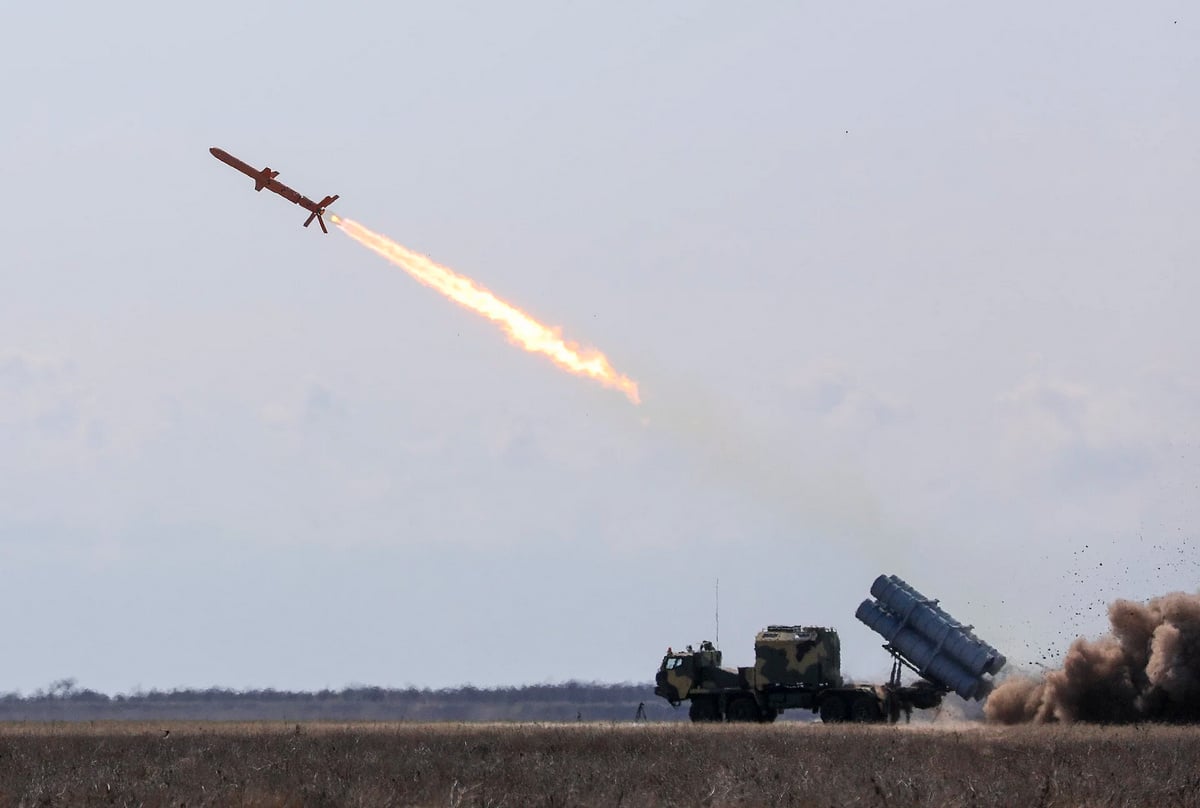There are reports that the heavy cruiser Moskva, which may or may not be the ship that shelled Odessa, has experienced an explosion and fire (the origin of which depends on whom you ask) resulting in its ultimate exploration of the Black Sea floor. The crew apparently avoided the ride down.
This is great news. The Moskva is one of two heavy cruisers in the Black Sea, basically designed to be the primary air defense for other ships- so it’s a big loss. It’s also a very potent anti-ship missile platform, though Ukraine’s navy is pretty defunct since much of it was seized the 2014 and before that it sounds like it was hardly operational. Ukraine was forced to scuttle their flagship, their single frigate, early in the war. It’s primary weapon was a deck gun and stood no chance against most of these anti-ship missile equipped Russian ships. So probably not much of a loss.
Regarding the Moskva, Russia claims a fire lead to an ammunition explosion, Ukraine claims they hit it with two anti-ship missiles… quite impressive as these ships have an ton of air defense power. Who knows what the truth is… but Russia doesn’t have a great track record here.
This ship was the flagship of Russia’s Black Sea fleet, its destruction probably hurting pride/morale and enough of a reason to lie about the cause. How does a perceived weak country with virtually no navy to speak of (more of a coast guard than a Navy) and little in terms of sophisticated offensive weapons sink their flagship?
If this was a fire non-caused by missiles, it might raise questions about the reliability/design of Russian ships and weapons, storage/handling of explosives, fire/damage control capabilities and crew training, etc. How does a fire spontaneously start and how do you let it spread to ammunition storage?

